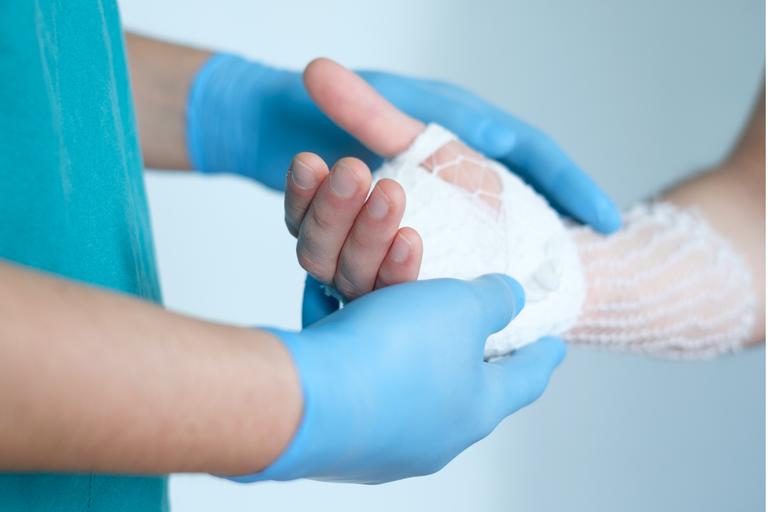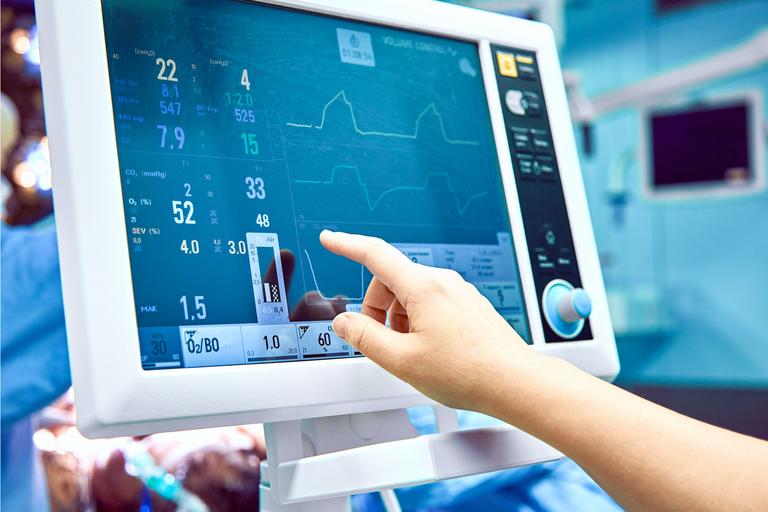Our customers have been hired at: *Foot Note
Congratulations! You are experienced, highly qualified and knowledgeable. Your resume is flawless. On paper you have already impressed potential interviewers enough to receive a call back for an interview. Out of the potentially hundreds of applicants for any given position, you have made the cut down to the top few eligible candidates. Now you have one final step to go before you officially secure a job offer: acing the interview.
You will be asked a combination of general job interview questions such as "tell me about your weaknesses?" as well as industry-specific questions that focus on qualities critical to telephone triage nurse success, such as high level communication and critical thinking skills. Equipping for these questions ahead of time will set you ahead of many of your fellow candidates and may even be the key factor in landing you a position. Review the following list of common telephone triage nurse interview questions and sample answers to prepare for your interview.
5 Telephone Triage Nurse Interview Questions & Answers
How have you ensured a high level of communication in previous health care positions?
My previous work in a women’s health clinic meant working with many sensitive situations. Often patients were hesitant or too embarrassed to share critical details. I found that the most effective way to ensure an optimal flow of information was to create a culture of open communication and take active steps to create rapport and trust with patients.
What techniques do you use to establish positive communication?
I begin spending just the first minute of interaction focusing on building rapport. I make it a goal to learn one thing about patients unrelated to their medical condition, such as asking about hobbies or children. This extra minute puts patients at ease, and significantly increases the amount and detail of information provided. Ultimately this allows me to deliver better treatment and enhance patient safety.
How do you handle stressful situations?
When I first began studying nursing, I had a hard time separating myself emotionally from patients. When they were sad, I was sad. When they were stressed, so was I. As the healthcare field deals with so many emotional extremes, I was quickly facing burnout. I saw many nurses cope by developing an increasingly calloused attitude towards patients, but I also observed the drop in communication and quality care that came along with this method. When I began my first professional position, I realized had to come up with techniques for balancing my professional distance with patient connection. While I still allow myself to share in the joy and the sadness of my patients, verbally empathizing with their emotional state, I no longer allow myself to become consumed by the situation. I have found this creates an ideal balance of rapport and optimized professional capabilities.
Describe what you do to control mistakes in your work.
The clinic where I held my previous position was very small, with a total staff of under 10 employees. This meant many of us expanded our roles, and I took on a few additional responsibilities in addition to nursing. It became my responsibility to arrange the travel details of various corporate outings and conferences for my administrative lead. I was asked to take on this task after another employee had scheduled a flight on the wrong day, causing my boss to miss an important seminar. To make sure I coordinated the details correctly, I listened carefully to my administrator’s travel needs, recorded everything through email to ensure documentation, and had her verify each point before I made any bookings. Once I completed arrangements, I had her re-verify the details to make sure everything was on point. It took a little more time, but it created a system of verification through open communication by which errors could be caught and easily fixed before they became costly and affected our productivity.
What is your technique for staying current with the newest medical developments?
Keeping up with new developments can certainly be a challenge, so I’m lucky that it’s something I feel so passionate about. The research I do on my own time is something I would do regardless of profession. I subscribe to several journals and am also a member of a few nursing organizations. Aside from reading the few medical journals I subscribe to, a few other nurses I have connected with make it a point to meet every month or so to discuss the newest advancements and trends.
Our customers have been hired at:*Foot Note










